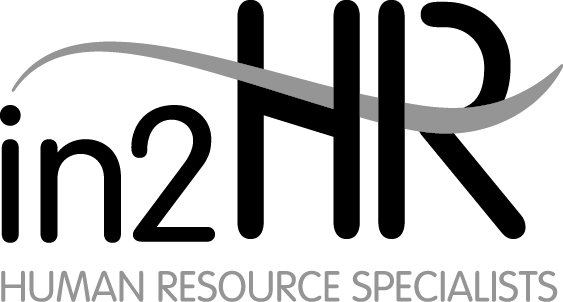The new Labour, New Zealand First, Greens coalition government have wasted no time in proposing changes to policies. Within their 100 day plan, they are intending to make several changes to employment law. One of those changes is overhauling the 90 day trial period which came into effect in 2008. Their proposed changes are designed to make the process fairer, but we want to explore what it means for employers and employees alike.
What is the 90 day trial period?
Currently an employer is able to include a 90 day trial period clause in the employment contracts of new staff. Once an employee agrees to the clause, it allows the employer to terminate employment with the employee within 90 days of them beginning their role.
The employer does not have to provide justification of the reason for termination, or to follow the usual dismissal process (other than providing the employee with the correct amount of notice). The employee cannot lodge a personal grievance case for unjustified dismissal if they are dismissed within the trial period.
What’s Changing?
Labour are proposing to change the law by making employers provide reasonable justification for termination of employment. They must also follow a fair process to complete the dismissal. A Referee System will be implemented, which is likely to mean that the employee can challenge the decision for dismissal.
The Referee System
This will be a free service where a referee will hold short hearings to determine if reinstatement or employment or compensation is required. These hearings are set to take place within 3 weeks of a claim for wrongful dismissal being lodged. The referee will be able to reinstate the dismissed employee, or award damages to them. The amount of damages paid will be capped, the amount is thought to be $5000.
These referee services are likely to be run out of MBIE’s Employment mediation Services. There will be no right of appeal available, in an attempt to reduce the time and money spent on employment disputes.
Labour has stated that lawyers will be excluded from these proceedings, but both employers and employees would be allowed representation at the hearings. It is presumed that this role will be given to employment advocates instead. It is likely that lawyers will still be involved in the mix as both parties may choose to seek legal advice, especially if there is the question of damages on the table.
What Will It All Mean?
Since its implementation, the trial period has really helped employer confidence with recruiting for new staff members. Of course it is not a perfect solution, and it seems the Labour-led government are attempting to right the difficulties involved with these changes.
These are our thoughts on what the changes might mean…
Is it the end? It is possible that these proposed changes will see the end of the 90 day trial period as employers will not have the confidence to use it for fear of dispute.
Too hard basket. The trial period may become difficult for employers to implement, so they may choose to not implement it at all.
Are these changes really necessary? There is already a mediation service in place to facilitate something similar. Do we need another system to do the same thing?
Fair and Reasonable. We believe that employers should take every chance to be fair and reasonable in their dealings with their employees and should be acting in good faith. This means not waiting until the 89 days to invoke the clause. This proposed system should make things easier for both parties and not add any extra time to carry out the dismissal process.
A chance gone? In our experience, the 90 day trial period has allowed employers to take a chance when employing staff. This confidence has created a lot more jobs for people. Whether or not employers will still be willing to take a chance remains to be seen.

